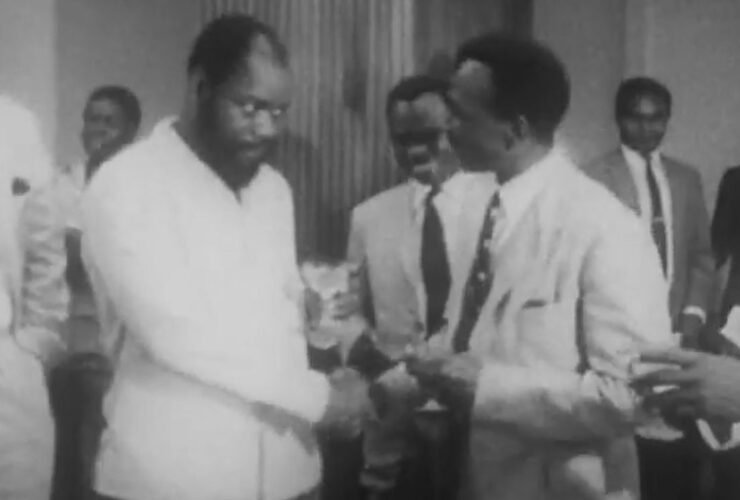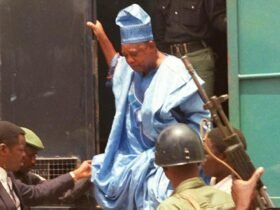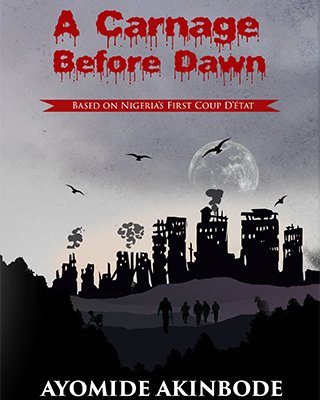No products in the cart.
The Epetedo Declaration was not just a speech—it was a battle cry. A moment of truth that shook Nigeria to its core.
On May 30, 1967, Lieutenant-Colonel Chukwuemeka Odumegwu Ojukwu, the military governor of the Eastern Region of Nigeria, declared the Republic of Biafra as an independent nation.
Herbert Macaulay's evolution from a civil engineer to a formidable Nigerian nationalist leader underscores a life dedicated to the relentless pursuit...
How did General Sani Abacha crush the April 22, 1990, Gideon Orkar coup and save the Ibrahim Babangida regime?
Madam Efunroye Tinubu (c.1810-1887): The Slave Merchant, Kingmaker in the Politics of Colonial Lagos
Madam Efunroye Tinubu was a powerful business tycoon and slave merchant who held the commerce and politics of colonial Lagos in the palm of her hands.
In celebrating Shehu Shagari at 100, Nigerians must reflect on his contributions with nuance, acknowledging both his strengths and his limitations.
The Nigerian Civil War, also known as the Nigeria-Biafra War or the Biafran War, was a needless conflict that lasted 30 months, from July 6, 1967, to January 15, 1970.
The Aburi Agreement reflected recognised the principle of regional autonomy and proposed a framework that would grant significant powers to Nigeria’s regions.
On February 26, 2015, Buhari described himself as a converted democrat as he endeared himself to Nigerians in the race for the 2015 elections.
Abacha is ranked among the most corrupt leaders in modern history. It is estimated that he embezzled between $3 billion and $5 billion from Nigeria's treasury.
Babangida and Abacha’s paths crossed because they were ranking officers of the Nigerian Army, during a period marked by political instability and military ambition.
Alaafin Sango is one of the most famous and powerful kings in Yoruba history, especially known as the third Alaafin (king) of the Oyo Empire.
President Jimmy Carter was the first sitting U.S. president to visit Nigeria, underscoring the country's strategic importance as a regional power in Africa.
The Benin Bronzes, created by the Edo people of the Kingdom of Benin from around the 13th century onward, represent a significant artistic evolution that can be traced back, in part, to the earlier Nok culture.
The Nok culture, one of the earliest known civilisations in West Africa, flourished between 1500 B.C. and 300 A.D., in what is now modern-day Nigeria.
As the Sardauna of Sokoto, Sir Ahmadu Bello is still venerated by millions of Nigerians, especially among his kinsmen in Northern Nigeria.
Murtala Muhammed remains the youngest Nigerian Head-of-State to die in office and the only one to die before the age of 40.
Asiwaju Bola Ahmed Tinubu allegedly labelled incumbent President Muhammadu Buhari as an “ethnic bigot and a religious fanatic” in 2003.
The October 2020 EndSARS Protest in Nigeria actively lasted for 17 days; from October 7, 2020, to October 24, 2020.
Ironsi's proclamation of Decree 34 on May 24, 1966, marked the beginning of the end for him. The decree strengthened the centre, thereby removing the powers granted to the regions.
























Want to Know More?
Find us on Socials or Contact us and we will get back to you as soon as possible.